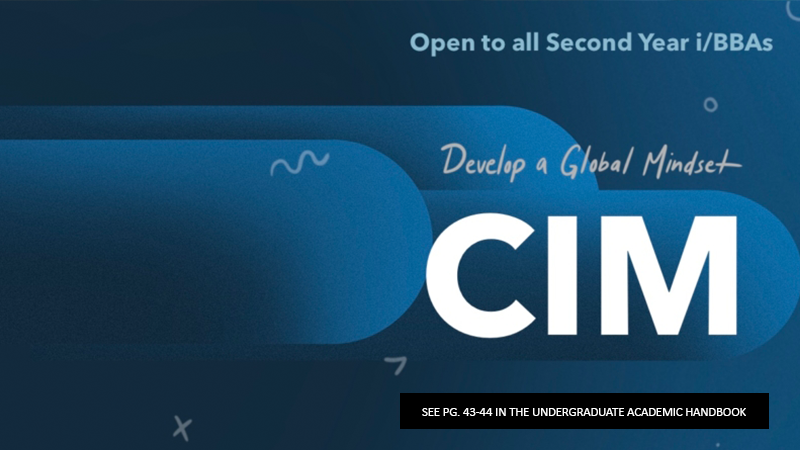You’ve probably heard the term “academic honesty” in your orientation, on course outlines, and in the many emails you have received so far. So when it comes right down to it, what does it actually mean?
S imply put, academic honesty is about integrity – the integrity of your work, your degree and the greater institution. As a student, you are expected to do your own work and contribute your own thoughts, ideas, and interpretations in your midterms, assignments and tests. When you use the work of others to support yours, you must appropriately acknowledge their contributions. As a result, the grade you receive is based on your analysis, thoughts and ideas – not someone else’s.
imply put, academic honesty is about integrity – the integrity of your work, your degree and the greater institution. As a student, you are expected to do your own work and contribute your own thoughts, ideas, and interpretations in your midterms, assignments and tests. When you use the work of others to support yours, you must appropriately acknowledge their contributions. As a result, the grade you receive is based on your analysis, thoughts and ideas – not someone else’s.
To help you succeed in the program and avoid breaches of academic honesty, we attached a checklist that you can refer to each time you are working on an essay or assignment. Your goal is to be able to check off every item on the list. Here are a few snippets from the list:
- There is no section or component of my assignment, paper or research report that I do not understand.
- All ideas used from other sources include citations.
- I have kept my work to myself and did not share answers/content with others, unless otherwise directed by my instructor.[box type=”download”]View the checklist here[/box] If you are suspected of a breach of academic honesty, the consequences may be time-consuming and severe, including failure in a course and expulsion from the program. However, there are ways to effectively navigate through your degree without breaching the policy:
- Complete the academic honesty quiz and make sure you know the answers to all the questions.
- Policies have been created by Schulich and the University to articulate expectations, processes and penalties related to breaches of academic honesty. Read the academic honesty policy so you know which actions could get you in trouble.
- Ask your professors for help – not your friends. If you are unsure about something, approach your professor to get the answer. They know what they are looking for and can help guide you in the right direction.
- Start early! Don’t wait until the last minute to get started on your assignments. We sometimes make poor choices when under stress and the consequences can be significant.
- Learn how to cite… not everyone comes to Schulich knowing how to properly cite or reference the sources they use in their work. There are a ton of free resources at the library to help you get started.
- If your first language is not English, take advantage of the Academic Peer Support service offered by International Relations.
Do you still have questions about academic honesty? Post them here or send an email to Olga Carew.





Leave A Comment